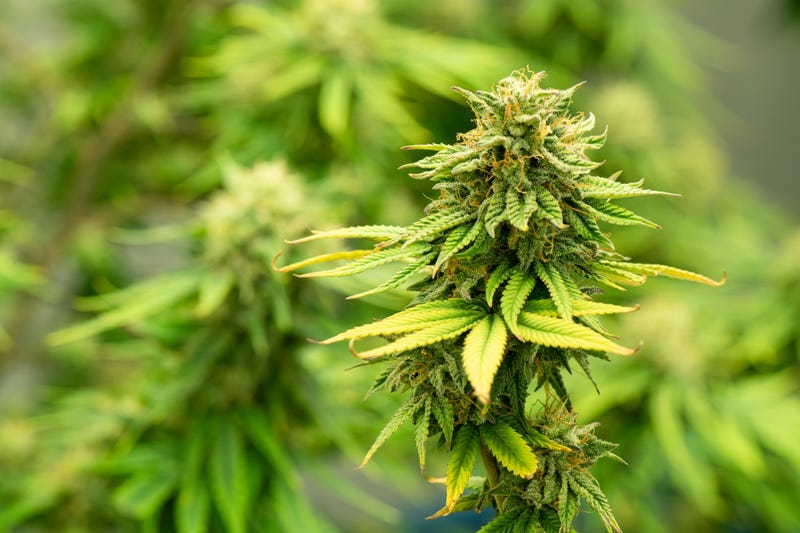
A new study has found a correlation between clinical overuse of marijuana and various complications in major elective surgeries, the worst of which is death.
Kidney issues, blood clots, stroke, and breathing difficulties are among the complications the study highlighted in its findings.
The study was published on Wednesday in the journal JAMA Surgery. Researchers analyzed data from the 2016-2019 National Inpatient Sample database, which included 12,422 hospitalizations after 11 major elective, noncardiac surgery.
“Our findings complement previous studies that have identified significant associations between cannabis use disorders and perioperative complications,” the study’s authors wrote in the report.
The surgeries in the report included two types of hernia repair, breast lump biopsy, gall bladder or colon surgery, hip or knee replacement, lumbar disk surgery, spinal fusion, and mastectomy or hysterectomy.
The report says that the reason smoking marijuana creates additional risk is due to how it impacts the body.
Smoking the drug can impact blood flow in the brain and body, raise blood pressure, increase heart rate, contribute to airway blockages, decrease respiration and body temperature, and disrupt heart rhythm, which can make recovering from surgery more difficult, according to previous literature.
Over 6,200 of the 12,422 patients observed for the study were found to have cannabis use disorder.
The team of researchers matched those with the disorder to those without so that they could compare patients who were not overly dependent or addicted to the drug with those who were.
After comparing the two groups, the researchers found that those with cannabis use disorder were more likely to suffer complications from the surgeries examined (7.73%) than those without (6.57%). While the numbers aren’t huge, the researchers noted that the percentage difference was significant.
The study says that the most significant complications found were blockages of coronary arteries, injury to the kidneys, blood clots, strokes, infection, breathing complications, and in-hospital death.
It was also observed that people with cannabis use disorder also stayed in the hospital longer, resulting in higher hospital bills.
“In the context of increasing cannabis use rates, our findings support preoperative screening for cannabis use disorder,” the authors wrote.


